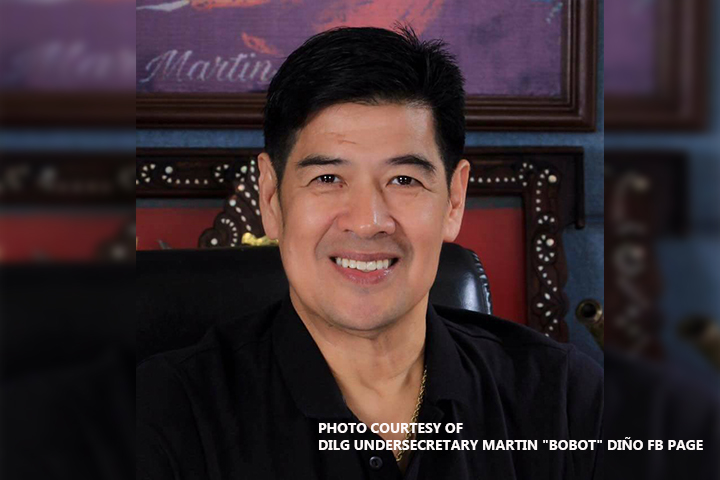
MANILA — The Department of the Interior and Local Government (DILG) is set to probe the choice of beneficiaries for the Pantawid Pampamilyang Pilipino Program (4Ps), a government poverty alleviation program that gives some cash to indigent families.
“We will check if they are really deserving to benefit from the program of the government (under 4Ps),” DILG Undersecretary Martin Diño said in a Saturday press briefing held in a school in Caloocan City for the urban poor.
Diño cited speculations that some beneficiaries had been covered under the poverty alleviation program only through the influence of some barangay captains in the past.
Diño said he had heard some stories of barangay captains, who had certified their relatives as poor, to qualify for cash transfer under the program.
“If we find out that they were certified as poor by the Barangay Captain but they are not really poor, we will penalize the Barangay Captain,” he said, adding that the DILG would also make sure barangay officials did not abuse their authority to favor their relatives.
Lawyer Noel Felongco, chairperson of the Presidential Commission for the Urban Poor (PCUP) said the concept of the 4Ps itself needs re-evaluation.
“We have to re-evaluate if it’s a dole-out. It seems that there is a big problem if it is a dole-out,” Felongco said.
He cited the old proverb that instead of giving “fish” to the poor, they should be taught to catch fish instead.
“There have already been proposals to re-evaluate or rethink the 4Ps,” he noted.
4Ps is a program implemented by the Department of Social Welfare and Development (DSWD), focusing on the health and education of the poor, especially the children. It was a flagship program of the past administration.
Under the program, a household beneficiary receives a monthly cash grant on the condition that they send their children to school, have regular health checkups at health centers, and attend family development sessions.
At present, aside from the regular cash grants, household beneficiaries also get rice subsidy in the form of cash every month.